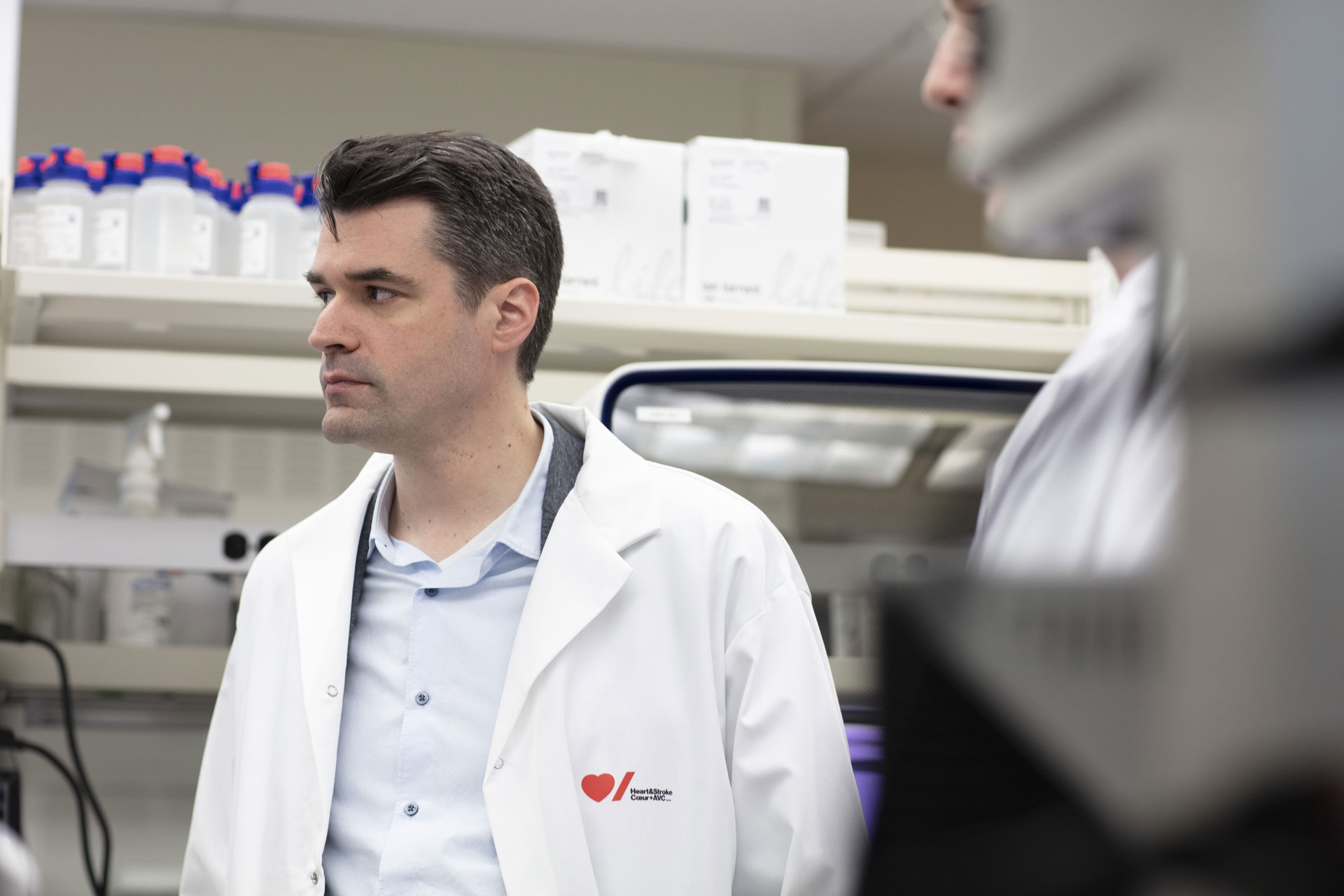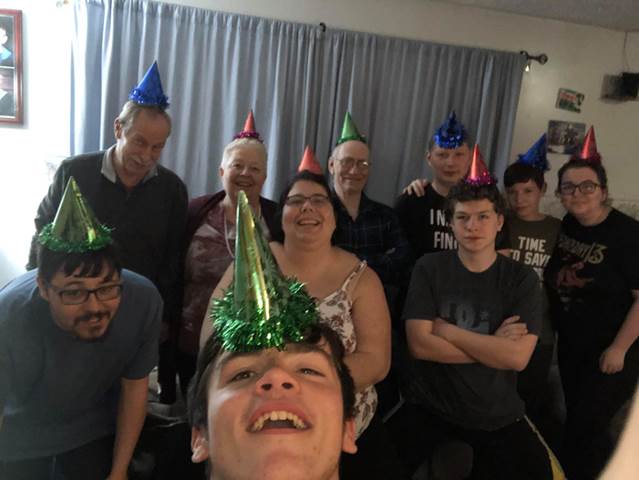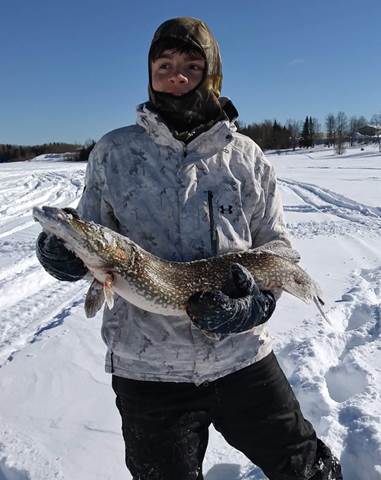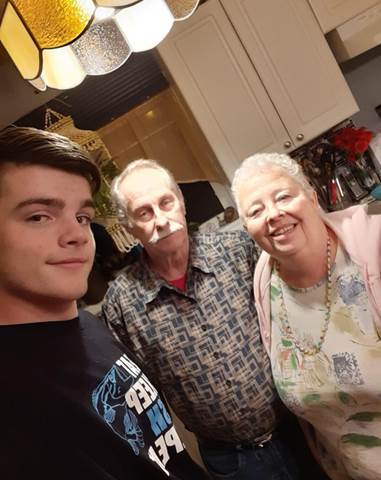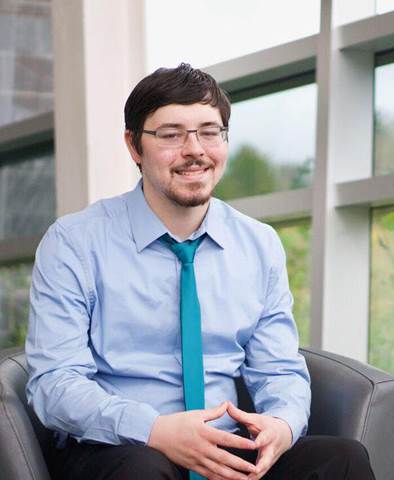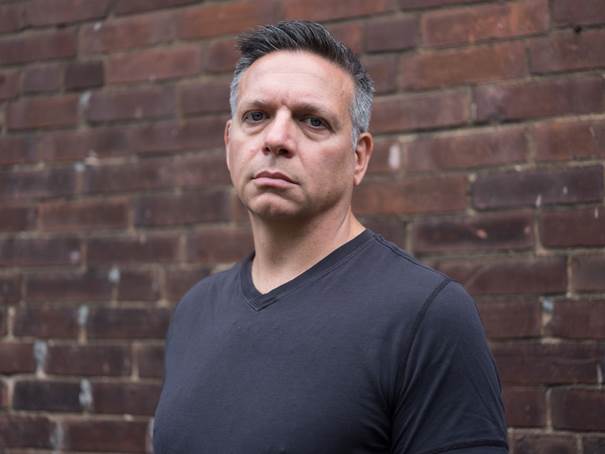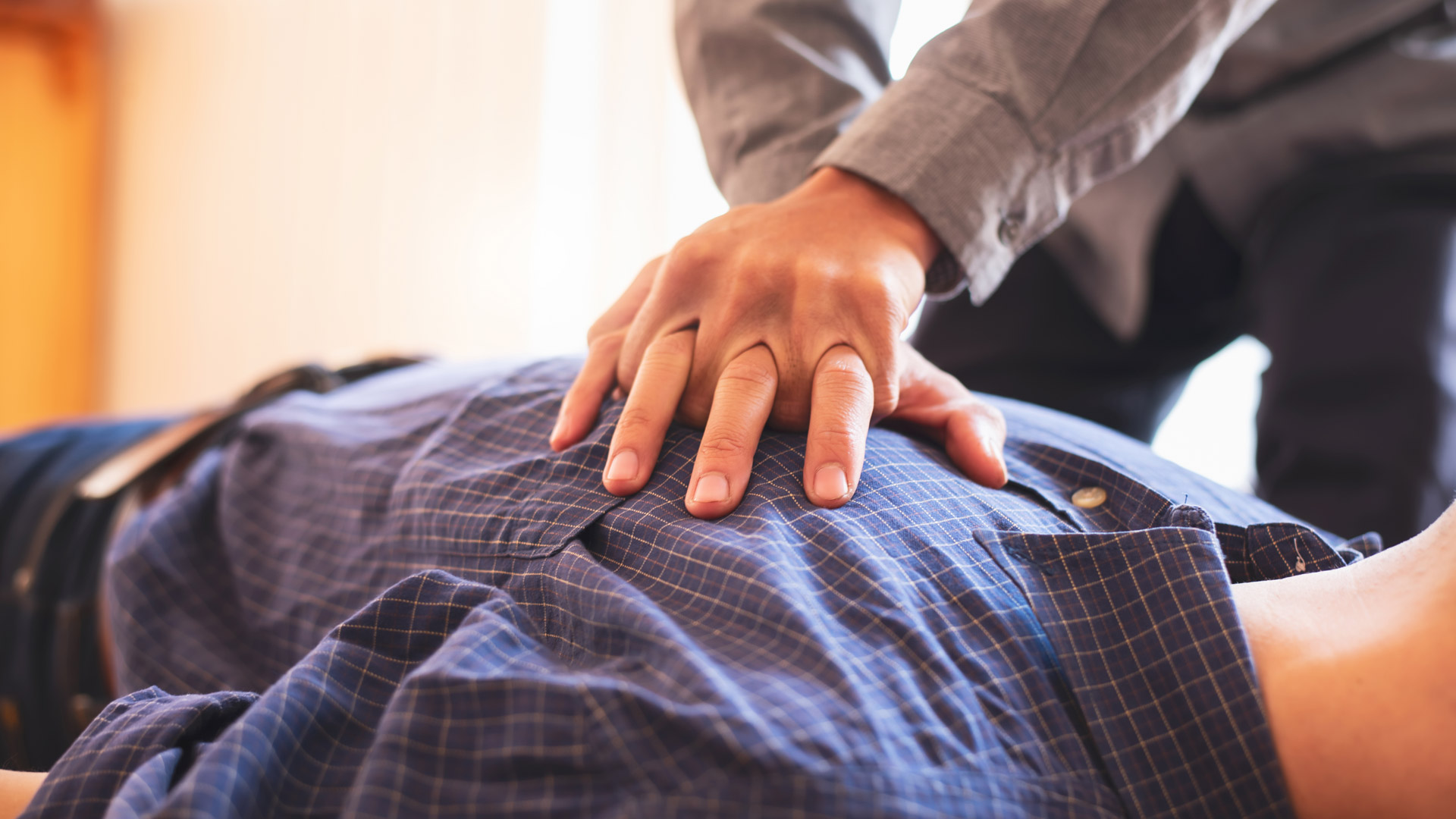
Two brothers saved by CPR, 11 years apart
The first week of October, Marcus Spicer was moving 40-pound bags of woodstove pellets into his great-aunt Carolanne’s basement in their small town of Manitouwadge, Ont., about 400 kilometres northeast of Thunder Bay. Suddenly, part way through the second rack of bags, Marcus collapsed, falling to the bottom of the stairs.
The 17-year-old was in cardiac arrest.
Carolanne didn’t hesitate. She called Marcus’s grandmother and told her to phone 9-1-1. Then she started pushing hard on Marcus’s chest, performing CPR (cardiopulmonary resuscitation). Her quick actions saved his life.
An inherited heart condition
When Marcus was eight, he was diagnosed with hypertrophic cardiomyopathy, a disease that is usually inherited, in which the heart muscle becomes abnormally thick. Although he had annual checkups with a cardiologist, he never experienced symptoms such as shortness of breath, chest pain or abnormal heart rhythms. He doesn’t smoke or drink coffee and keeps active fishing, hiking and kayaking,
“It was always in the back of my mind that something might happen,” says Marcus. “But I’d think about it for two minutes, then carry on.”
He had good reason for concern. In 2009, Marcus’s brother, Brandon, then 13, was walking in the schoolyard during gym class when he dropped to the ground, unconscious. The vice-principal performed CPR until a police officer responding to the 9-1-1 call took over until the ambulance arrived.
Shock and trauma
“Our family was in complete shock and traumatized,” says Sherry Bryant, the boys’ aunt, who helped raise them along with her husband, Bart, and her parents. The boys’ mother had the same heart disease, and both boys were diagnosed young and had regular checkups.
A few days after Brandon collapsed, surgeons placed an implantable cardioverter defibrillator (ICD) in his chest. The battery-powered device tracks his heart rate; if it detects an abnormal heart rhythm, it delivers an electric shock to restore a normal heartbeat. Now 24, Brandon is married and in his third year of university studying business in Sault Ste. Marie.
Because of Brandon’s experience, Marcus suspected what would come next for him. After he was flown by air ambulance to Thunder Bay, he was transferred to Toronto’s SickKids Hospital, where he had surgery to implant an ICD. He spent two weeks there recovering, with Sherry and his grandmother by his side. “I’m grateful to be alive and happy I’ve been given a second chance,” he says.
In early November, Marcus returned home to his grandparents’ house and went back to school. Because of his heart condition, he has shelved his plan to become a millwright in the mines, which would put him at high risk for another cardiac event. “I’ll figure something else out,” he says with a maturity beyond his years.
CPR made the difference
Marcus and his family are grateful for their church community’s support, and they also can’t praise Carolanne enough. She had learned CPR while working as a nanny for a doctor, and the whole family has been certified because of their medical history.
“We knew God was there for Carolanne, because she’s in her 60s and very frail, but she did the CPR so strong and says she didn’t know how she kept going until the ambulance arrived,” says Sherry. “The doctors told her she did everything right.”
Sherry is passionate about urging people to start CPR instead of waiting for paramedics to arrive. “How long will it take for the ambulance to get there? If you try and the person doesn’t make it, you’ll know you gave it all you had.”
Marcus received his CPR certification last summer while he worked at the local hospital. “I’m grateful that Carolanne just reacted and went into action,” he says. “You never know when an event can happen to anyone — it could be a relative or a stranger. It would feel amazing if you saved a life.”
Related stories

Loving life while living with heart disease
Three surgeries have changed Suji’s heart, but not her passion for life
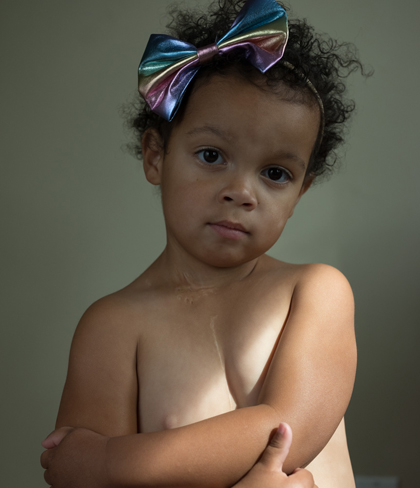
Saving baby Nora
